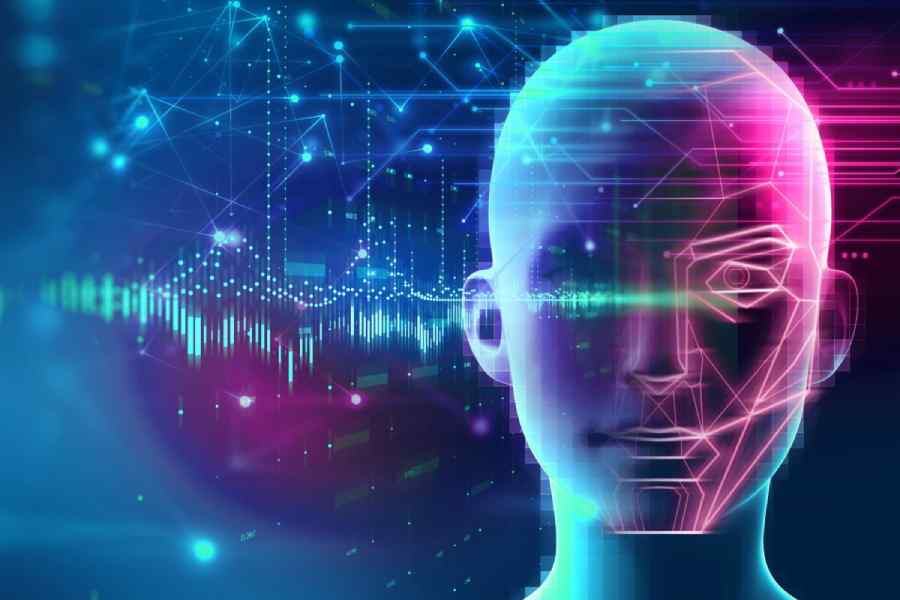India is currently facing “a systematic threat” to its scientific and educational foundations, a panel of scientists-citizens said on Monday, citing what they have described as institutional promotion of pseudoscience, declining funds, and changes in school curriculum and university education.
The promotion of pseudoscience over established scientific principles and evidence-based research alongside the institutional endorsement of unproven practices or remedies could mislead the public and erode trust in genuine scientific enterprise, the 12-member panel said in a statement.
Such actions could undermine public trust in science, people’s health and safety, and jeopardise the credibility of India’s scientific community, the panel said after a discussion during which its members expressed concern about recent trends in science and academic institutions.
The panel’s statement comes against the backdrop of worry among sections of Indian scientists and educationists about what they view as attempts to allow pseudoscience to piggyback on some of the country’s top academic institutions, low budget allocations to science departments, and misleading content in school science curriculum.
“What we’re witnessing are assaults on evidence-based reasoning and critical thinking,” said panel member D. Raghunandan, a member of the All India People’s Science Network (AIPSN), a nationwide consortium of 40 organisations engaged in science popularisation and promoting scientific temper.
Reason when undermined facilitates the acceptance of authoritarian thinking, Raghunandan said. “When evidence is no longer important, data to support policies or statements doesn’t need to be provided, and we’re asked to accept things without evidence,” he said.
He cited as an illustration the Centre’s efforts two years ago to challenge estimates of excess deaths in India during the Covid-19 pandemic made by several research groups, including a group of experts set up by the World Health Organisation.
The panel’s statement said changes in school science syllabi have also raised concerns about the quality and accuracy of future science education in India. “Alterations that prioritise ideological agendas over scientific facts risk hindering the development of a scientifically literate populace,” the panel said. “This could have long-term implications for the country’s ability to foster a culture of innovation and critical thinking among youth.”
Revised school syllabi proposed by the National Council for Education Research and Training, the body that sets syllabi for Central board schools, for instance, contain educational modules that claim ancient India had the knowledge of flying vehicles that travelled effortlessly in space without noise.
Certain changes in university education patterns that allow students multiple exit points as well as provide credit for online courses will have “negative impacts on students’ learning ability, Nandita Narain, former head of the mathematics department at St Stephen’s College, and a panel member said.
Panel members said institutional backing for unproven claims is worrying.
The Indian Institute of Technology, Guwahati, had last year organised a conference on “cow science” where one paper was titled “tantra-based biosocial healing for cancer patients by implementing cow farming and whey protein production.” An IIT faculty member had told this newspaper via email that “no tall claims had been made at the conference.”
The All India Institute of Medical Sciences, New Delhi, had last year invited faculty and students to join talks titled “medical science and Indian scriptures,” and “Indian values and spirituality in medicine.”
Sections of science policymakers have challenged such criticism, pointing to India’s feats in space exploration and technology and biotechnology and its investments in myriad science and technology domains, including quantum information science, among other fields.
But one panel member said such public discourse misleadingly conflates science, technology and innovation. “Science is not technology and technology is not innovation,” said panel member Ashok Jain, former director of the National Institute of Science Technology and Development Studies, a unit under the Council of Scientific and Industrial Research. “We need to point this out.”
The panel also included former chief scientists at NISTADS Dinesh Abrol and Gauhar Raza, orthopaedic surgeon Harshvardhan Hegde, the former director of Vigyan Prasar, the science communication unit of the Centre's department of science and technology Anuj Sinha, and professor of biotechnology at Guru Gobind Indraprastha University N. Raghuram, science communicator Dinesh Sharma, among others.










